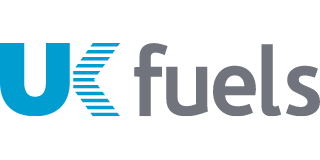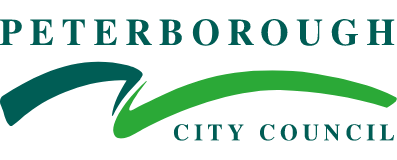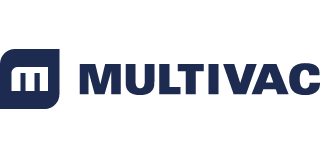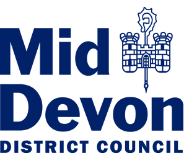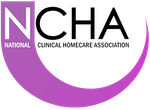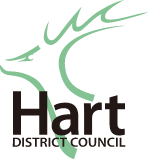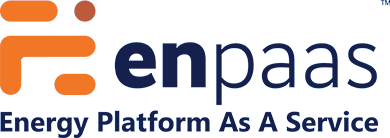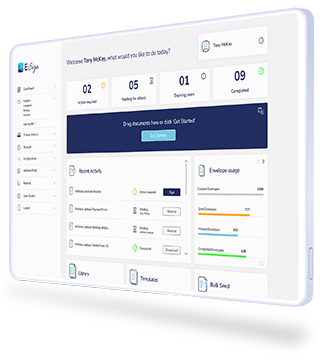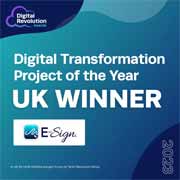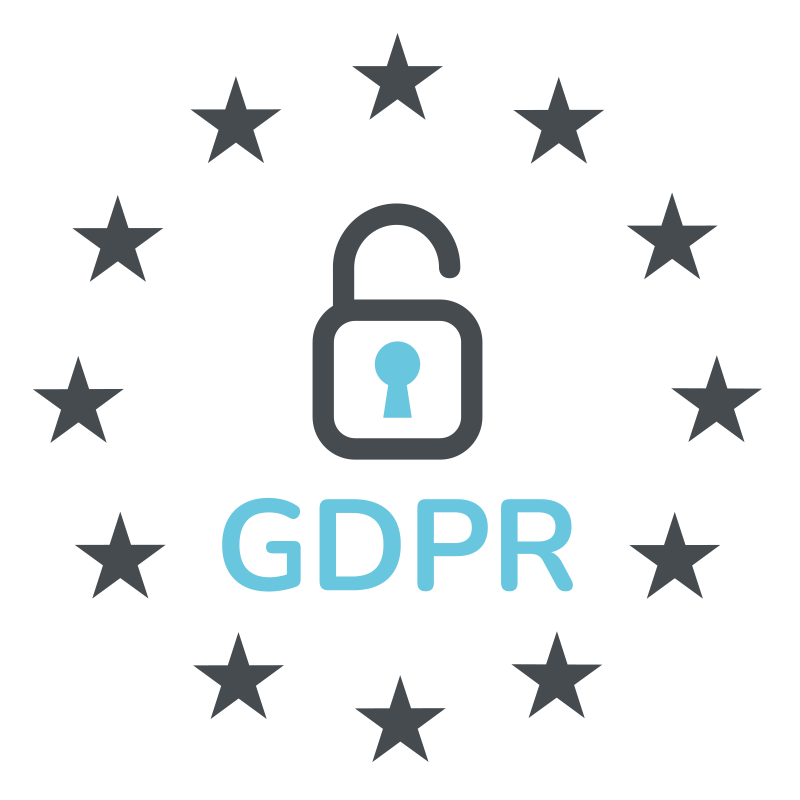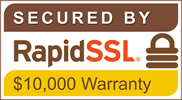The Legality of eSignatures in Lithuania
Explore the legality of electronic signatures in Lithuania and the laws and regulations that govern their use.

Trusted By
Are eSignatures Legally Binding in Lithuania?
Documents that can be signed electronically
Standard electronic signatures (SES) can be used on the following types of documents in Lithuania:
- Residential lease agreements and service agreements
- Commercial agreements between corporate entities including purchase orders, procurement documents, sales agreements and service agreements
- Consumer agreements such as sales terms, new retail account openings, purchase orders, order confirmations etc
Certain situations require a more secure, Qualified Electronic Signature (QES) for added legal assurance. These cases include, but are not limited to:
- Insurance contracts
- Purchase and sale contracts for goods sold in instalments
- Arbitration agreements
- Settlement agreements
- Life annuity contracts
- Motor vehicle purchase agreements
- Joint activity agreements
- Earnest agreements
- Consumer lease contracts
- Land lease agreements
- Bank deposit agreements
- Credit agreements
- Other similar types of contracts
Documents that may not be electronically signed
There are some use cases in Lithuania where it is explicitly required that handwritten signatures are used or formal processes are in place that are not compatible with electronic signatures. These include:
- Marriage contracts
- Gift contracts providing the sum of the gift exceeds
- Contracts of an enterprise purchase-sale if 25% or more of the share of the LLC are being sold or the cost of the shares is more than 14,500 Euro
- Bills of exchange providing the sum exceeds 3,000 Euro
- Official wills
- Contracts to purchase or transfer real property
Types of e-signature permitted in Lithuania
The eIDAS regulation defines an electronic signature as data in electronic form which is attached or logically associated with other data in electronic form and which is used by the signatory to sign. It distinguishes between three types of e-signature, simple, advanced, and qualified.
- Simple – the most basic form of e-signature that can be in the form of typing your name at the bottom of an email or checking an approval box. There are no specific security or identity verification requirements for a simple e-signature.
- Advanced – this type of signature is uniquely linked to the signer, can accurately identify the signer, is created using data that the signer can be confident is under their sole control and is linked to the data in a way that detects any subsequent changes that are made. Advanced electronic signatures are more secure than simple signatures and are legally binding in most use cases.
- Qualified – this type of signature is similar to advanced but has additional requirements providers must adhere to. They must be certified based on public keys that have been issued using proper technological means. This means that the identity verification process is multi-step, using both encrypted keys and two-factor authentication.
Lithuania does not have a separate definition for electronic signatures outside of the one established by eIDAS.
Notable legality changes since 2020
None. Lithuania continues to adhere to the e-signature definitions and rules introduced by the EU eIDAS regulation.
Publicly Accessible Links to Laws/Regulations Discussed
- Regulation (EU) No 910/2014 (2014) (eIDAS)
Disclaimer
The content provided on this website is meant for general informational use only and does not constitute legal advice. Legal regulations on this topic can evolve rapidly, so E-Sign does not ensure that the information presented here is always up-to-date or accurate. If you have particular legal concerns regarding any details on this site, it is recommended that you consult with a licensed attorney in your jurisdiction.
Last Updated 9th October 2024

